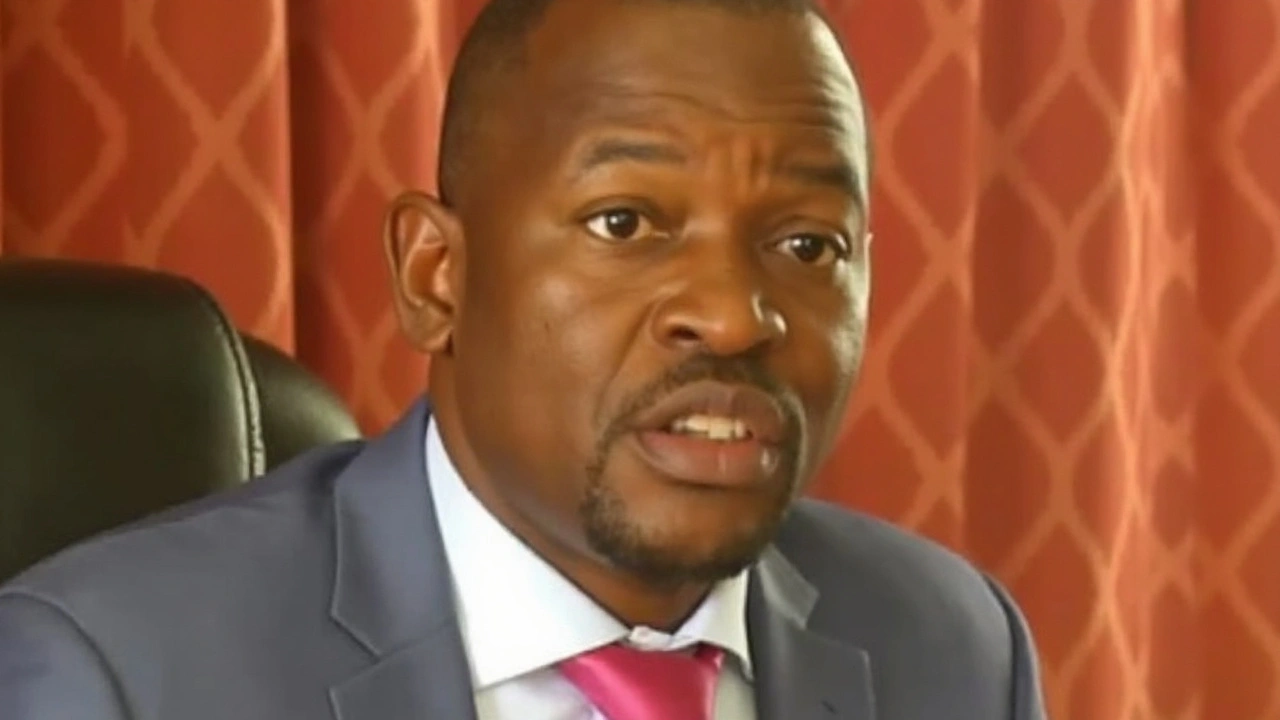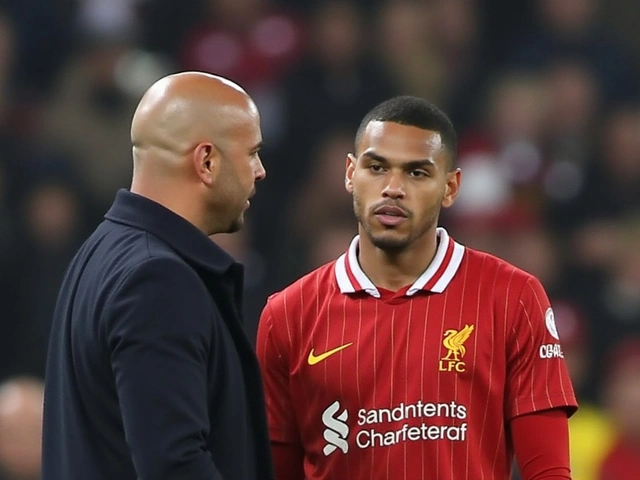AUC Election: What You Need to Know About Africa’s Leadership Race
The African Union Commission (AUC) election plays a big role in shaping the continent’s future. This vote decides who will lead the African Union and steer major policies influencing all 55 member countries. Whether it’s about peace, unity, or economic progress, the AUC head’s decisions carry weight across Africa.
This election usually happens every four years, and member states nominate candidates with strong political and diplomatic backgrounds. The competition is often tough because the new leader must handle diverse challenges like conflict resolution, development plans, and boosting Africa’s voice globally.
Why the AUC Election Matters to You
The person who wins the AUC election sets the agenda on issues that affect millions, from trade deals to health programs and security partnerships. Understanding the election helps you grasp how decisions made at the top impact everyday life across African countries. It also sheds light on shifting alliances and political trends that ripple through local governments.
Keeping Up with Election Developments
Tracking the candidates and their platforms during the AUC election season is key. News outlets, including Ground Report Testing, provide real-time updates, expert opinions, and background stories to give you the full picture. Whether it’s debates, controversies, or campaign strategies, knowing the details helps you connect the dots on Africa’s evolving political landscape.
If you follow the election closely, you’ll catch how leadership changes may influence regional stability or economic growth. It’s also a chance to see which countries push for reform and stronger cooperation. The AUC election isn’t just a formal vote—it’s a window into Africa’s future direction.
With so much at stake, paying attention to the AUC election means staying informed about the big moves shaping the continent. Keep checking back here for fresh insights and developments on Africa’s top leadership race.






